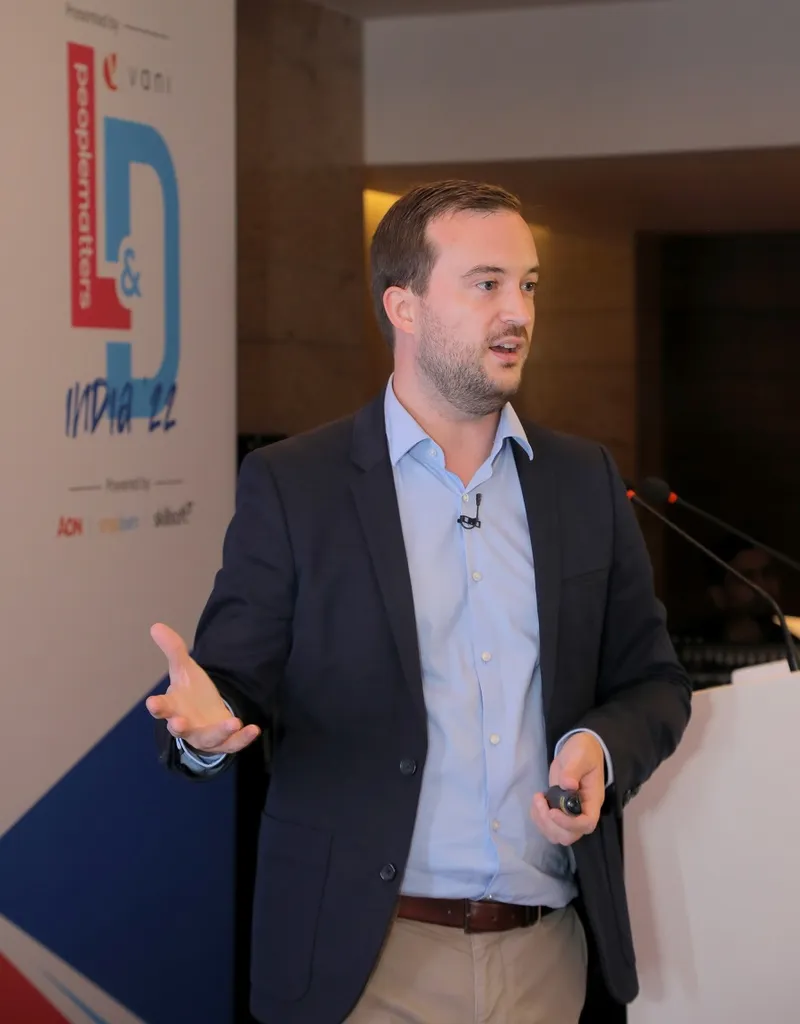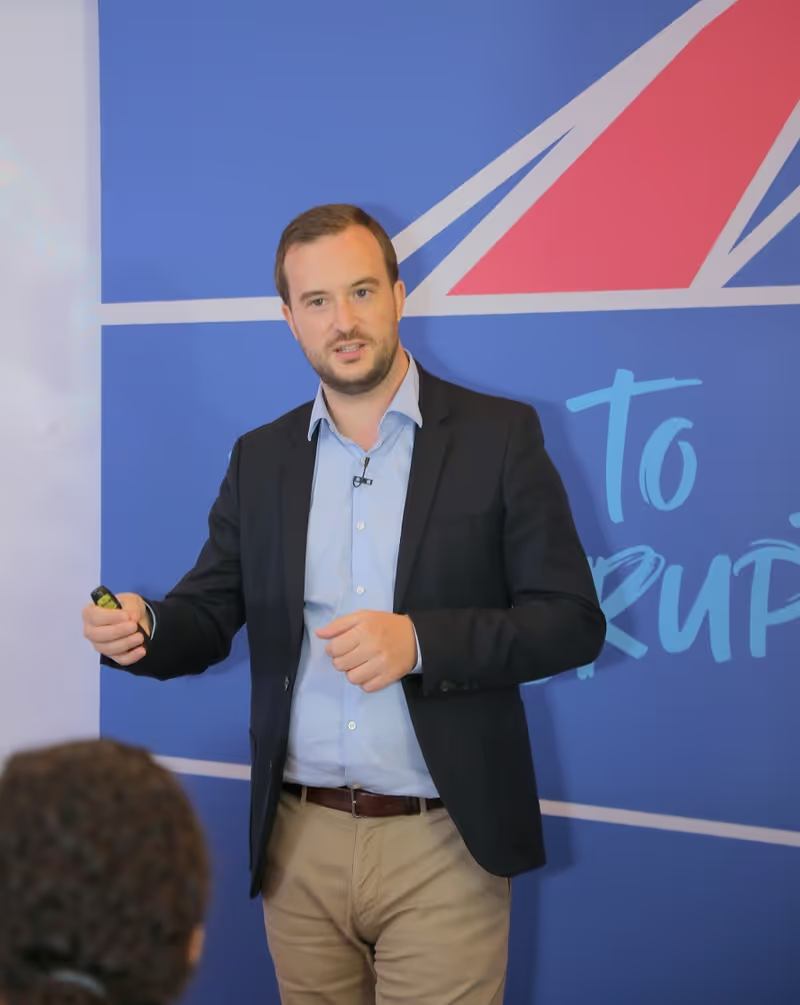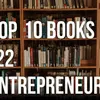‘Resources are not the differentiator, your culture is,’ says author Daniel Strode on fostering innovation
Daniel Strode, author of ‘The Culture Advantage’, shares insights on what it takes to create and scale a culture of innovation. Here are some key takeaways.
Daniel Strode is Global Director of Culture and Strategy at Banco Santander, based in Madrid. He is the author of The Culture Advantage: Empowering Your People to Drive Innovation (see my book review here).
See also YourStory’s Book Review section with takeaways from over 350 titles on creativity, entrepreneurship, innovation, social enterprise, and digital transformation.
Daniel is the custodian of a common organisational culture—the Santander Way. He is an Adjunct Professor at the IE School of Human Science and Technology, and a frequent speaker at industry conferences.
He joins us in this interview on how leaders create cultural direction, the creative mindset, innovation cultures across the world, and tips for aspiring entrepreneurs.

Daniel Strode
Edited excerpts below:
YourStory [YS]: In the time since your book was published, what are some notable new examples of innovation you have come across?
Daniel Strode [DS]: Indeed, the world is changing so fast. The big news these days is the public release of Chat GPT by Open AI. It is an artificial intelligence bot that responds to questions or inputs you send to it, all online.
It is being used to draft essays and poems, summarise documents, highlight specific pieces of research, design new products, and all sorts of things. I encourage everyone to go and have a play with it if they haven’t already (it achieved a million users in less than a week).
[YS]: How was your book received? What were some of the unusual responses and reactions you got?
[DS]: Very well received; I have been somewhat shocked to see the interest in the book come in from all corners of the world. That really highlighted to me that culture is very much a global issue, and front of mind for nearly all companies in the world.
It has been lovely to hear some of the feedback and receive messages from everyone, even some of the more unusual ones. There was one person who contacted me saying that they loved the book so much that they then ordered a copy of the hardback so they could frame it on their office wall. That perhaps was excessive, but made me laugh!
[YS]: Tell us about the ‘Santander Way’ and how it helps create a culture of innovation.
[DS]: It is our way of doing things, and there are some very specific things within it that encourage innovation. Such as enabling everyone to “speak up”, one of the core behaviours.
Speaking up is so important for innovation, because without people being able to share their voice, and have it heard, you are missing out on such a rich source of insight. Everyone needs to feel free to speak up and share, without fear, because when they do the best ideas bubble to the surface.

[YS]: What are the typical challenges entrepreneurs face as they scale up their companies? How can they retain their early innovation edge?
[DS]: The advantage they have is that it is most often the founder, or founding team that sets the cultural direction. So, if you want innovation then you have to set that direction of travel and embed it into your culture.
As you scale, it’s your job to then keep that culture alive, and make sure each new hire knows the culture and lives it too. It is difficult because you are growing fast and scaling up, which comes often with high rotation, but you need to make time to disseminate and role model the culture you want because if you don’t, no one else will.
Culture cannot be outsourced, it’s the leader’s responsibility and job.
[YS]: Is there such a thing as the ‘ideal age’ for an innovator, or can the creative bug strike you at any time? How should people keep themselves open to adopting an innovative career later in life?
[DS]: There is no ideal age. Children are the best natural innovators, as they have no fear of failure and plenty of curiosity to explore. As we grow older, we lose those muscles, and typically are told it’s not good to take risks and try new things.
But anyone can innovate if they focus on creating a growth mindset. A mindset where you believe that you can learn and take on new skills, embrace new experiences, try new ideas and opportunities without fear of failure, learn from mistakes and improve the next time, and continually challenge yourself to grow. If you have this mindset, you will be well on the way to being more innovative.

[YS]: From your journeys across the world, what do you see as the connection between national culture and innovation? Which countries and cultures are the most innovative?
[DS]: Absolutely, depending on the culture within a country there is a link to innovation. There are various research studies which consider things like how much research and development activity takes place, how many new patents are registered, the number of workers with specific skills, and so on. You tend to see fairly consistently that Switzerland, Sweden, Singapore, and Hong Kong rank highly when it comes to innovation.
This can be traced to the cultural effects, such as governments giving support (by way of grants or subsidies or tax breaks) to companies for research spending, hiring of international talent, and the legislation they have.
[YS]: It’s one thing to fail with a product, and a bigger dimension to fail with a company. How should innovators regroup in these two situations?
[DS]: Of course, no one wants to fail. And, in both cases, it is important that things are not failing for the sake of failing. I often use the word “experiments” rather than “failures”, a subtle but important difference.
If you learn because you experimented, tried something and it didn’t work out, you are more likely to embrace the learning than when you think you have had a “failure”.
It is a normal human bias that we all have to be mindful of. I would say to anyone who experiences rejection, failure, or, an abortive experiment that the world goes on and so do you, as an innovator that is your responsibility, and know it’s a well-trodden path.
WD-40, the wonderful oil company, is a good example. It takes its name from the 39 failures it had in product creation, before hitting the magic “Water Displacement” formula on the 40th attempt. Keep going!

Daniel Strode
[YS]: What are the Top Three success factors for government and industry to work together and grow innovation in their countries?
[DS]: The three things I would suggest are as follows.
Strong leadership: Leaders need to provide resources, a vision, and a culture that creates innovation. In this case, government and industry leaders need to work together to identify priority areas for innovation.
Clear goals and objectives: There has to be very clear alignment and direction of travel between the parties, with clear ways to measure progress.
Effective communication: As governments and industry need to partner with one another, good communication and collaboration is key. There need to be regular channels of communication, very transparent, and open. So that trust is built and we ensure all parties are aligned with one another, working on the common goal.
[YS]: What is your next book going to be about?
[DS]: I haven’t thought too much about that yet! I am interested in popular culture (how communities form around sneakers, for example) and also Web 3, so perhaps one of those two topics.
Pop culture is heavily linked to culture and behaviours, and Web 3 is linked to innovation quite clearly. Maybe a merging of those two ideas. I will give it a thought!
[YS]: What is your parting message to the aspiring entrepreneurs in our audience?
[DS]: Everyone and anyone can do it. Resources are not the differentiator, your culture is. So focus on building the culture you want to help you thrive.
[YS]: Any other comments or remarks you would like to add?
[DS]: Do please take a look at danielstrode.com for more information and my daily blog post, with helpful hints and tips about building cultures of innovation!
Edited by Saheli Sen Gupta









